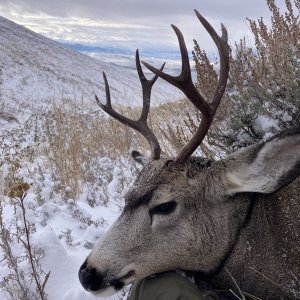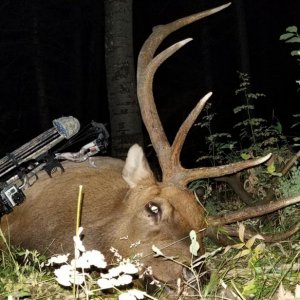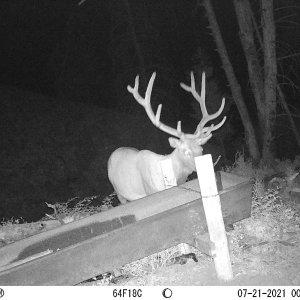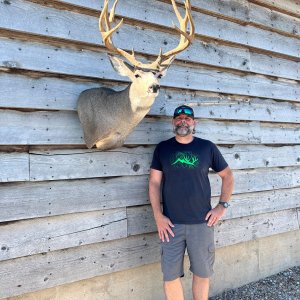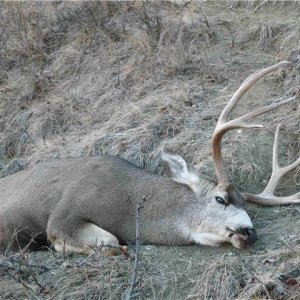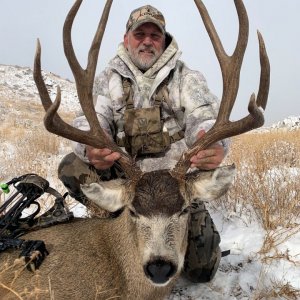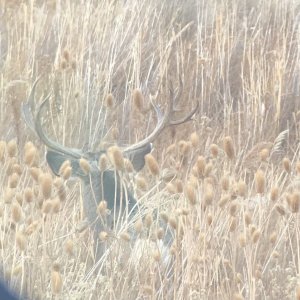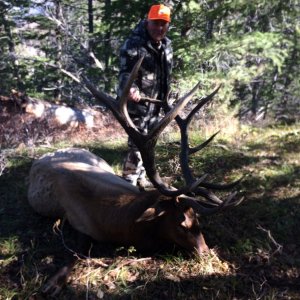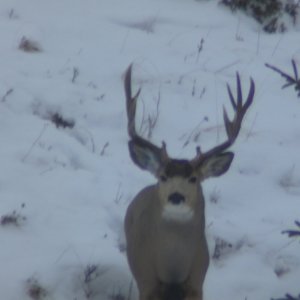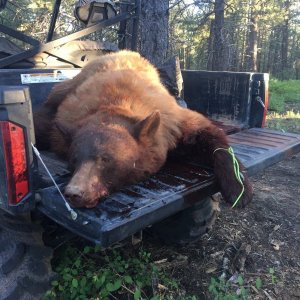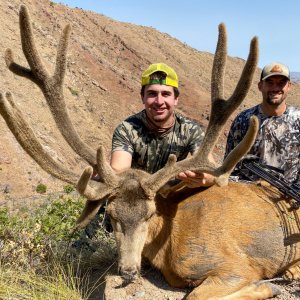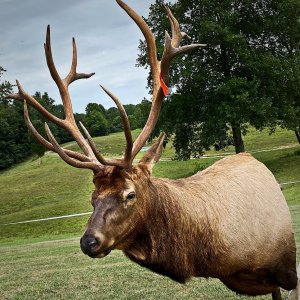nochawk
Moderator
- Messages
- 2,976
WILDLIFE WINTER WOES CONTINUE IN NORTHWEST COLORADO
DOW to Feed Deer in Eagle Valley; Monitoring Continues Elsewhere in NW Colorado
The Colorado Division of Wildlife (DOW) continues to monitor wildlife conditions in northwest Colorado in the face of the growing snowfall totals.
The Colorado Wildlife Commission has authorized wildlife managers in the upper Eagle Valley to conduct a limited deer feeding operation.
Even in a limited operation with the potential for feeding at up to 20 sites, it is anticipated that the effort will require extensive manpower from the DOW and volunteers. Feed for the operation is likely to cost more than $120,000.
Eagle area residents interested in volunteering to assist with the operation can contact DOW Volunteer Coordinator Linda Edwards at [email protected]. Volunteers from outside the Eagle area are not being solicited at this time for this operation.
Individual financial contributions continue to be accepted through the DOW website at http://wildlife.state.co.us. Donations are also being sought from corporate interests or individuals who can provide trucking services or fuel to haul feed to the Eagle area. Trucking services and corporate donations are coordinated through DOW Marketing Director Debbie Lininger at (303) 291-7160.
Specific public land feeding sites in the Eagle area have been approved by the Bureau of Land Management and the US Forest Service. Private land sites have been coordinated with local landowners.
In other areas of Northwest Colorado:
Wildlife managers in and around the Steamboat Springs, Craig and Maybell areas are working closely with landowners to alleviate increasing damage to haystacks and feedlots from hungry elk. Operations to bait some large herds of damage-causing elk away from ranching operations are starting up in the Maybell area. Additionally, wildlife managers are working to bait elk away from roads and ranches in the Steamboat Springs areas.
In some cases, the DOW pays landowners for agricultural losses that result from big game animals. Landowners can also qualify for DOW-provided materials that can help protect haystacks and crops from game damage. Wildlife managers can also help landowners with information about feeding methods and locations that may help reduce losses to wildlife.
Monitoring efforts continue in other hard hit areas to determine if expanded intervention from the DOW will become necessary. Wildlife managers and biologists are conducting almost daily assessments of wildlife and weather conditions in the Roaring Fork Valley, Middle Park, and south of Rifle.
DOW to Feed Deer in Eagle Valley; Monitoring Continues Elsewhere in NW Colorado
The Colorado Division of Wildlife (DOW) continues to monitor wildlife conditions in northwest Colorado in the face of the growing snowfall totals.
The Colorado Wildlife Commission has authorized wildlife managers in the upper Eagle Valley to conduct a limited deer feeding operation.
Even in a limited operation with the potential for feeding at up to 20 sites, it is anticipated that the effort will require extensive manpower from the DOW and volunteers. Feed for the operation is likely to cost more than $120,000.
Eagle area residents interested in volunteering to assist with the operation can contact DOW Volunteer Coordinator Linda Edwards at [email protected]. Volunteers from outside the Eagle area are not being solicited at this time for this operation.
Individual financial contributions continue to be accepted through the DOW website at http://wildlife.state.co.us. Donations are also being sought from corporate interests or individuals who can provide trucking services or fuel to haul feed to the Eagle area. Trucking services and corporate donations are coordinated through DOW Marketing Director Debbie Lininger at (303) 291-7160.
Specific public land feeding sites in the Eagle area have been approved by the Bureau of Land Management and the US Forest Service. Private land sites have been coordinated with local landowners.
In other areas of Northwest Colorado:
Wildlife managers in and around the Steamboat Springs, Craig and Maybell areas are working closely with landowners to alleviate increasing damage to haystacks and feedlots from hungry elk. Operations to bait some large herds of damage-causing elk away from ranching operations are starting up in the Maybell area. Additionally, wildlife managers are working to bait elk away from roads and ranches in the Steamboat Springs areas.
In some cases, the DOW pays landowners for agricultural losses that result from big game animals. Landowners can also qualify for DOW-provided materials that can help protect haystacks and crops from game damage. Wildlife managers can also help landowners with information about feeding methods and locations that may help reduce losses to wildlife.
Monitoring efforts continue in other hard hit areas to determine if expanded intervention from the DOW will become necessary. Wildlife managers and biologists are conducting almost daily assessments of wildlife and weather conditions in the Roaring Fork Valley, Middle Park, and south of Rifle.

